In this amendment, the Enterprise Law will add content related to beneficial owners.
What's new in the proposed amendments to the Enterprise Law to be submitted to the Government in February 2025?
In this amendment, the Enterprise Law will add content related to beneficial owners.
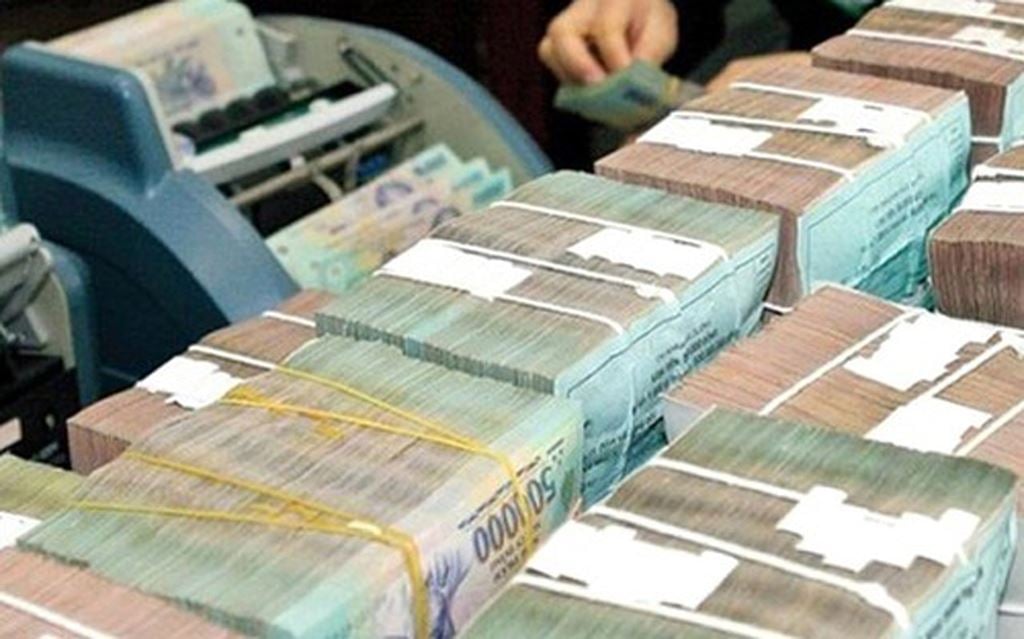 |
| To implement the policy of implementing international commitments on anti-money laundering, the revised Enterprise Law will add new concepts and a series of new regulations. |
Identify beneficial owners
In the Draft Proposal for the development of the Law on Enterprises (amended), the Ministry of Planning and Investment mentioned 5 groups of policies that need to be addressed.
One is to ensure the unity and synchronization of the law. Two is to perfect the institutional framework for businesses to enter the market and exit the business smoothly, safely and transparently. Three is to perfect the legal regulations on corporate governance. Four is to implement international commitments on anti-money laundering. Five is to form a legal basis for the activities of individual traders (individual businesses).
In order to implement the policy of implementing international commitments on anti-money laundering, the revised Enterprise Law will add new concepts and a series of new regulations.
Specifically, Article 4 of the upcoming Enterprise Law will add the concept of beneficial owner of an enterprise.
 “Beneficial owner of an enterprise” is an individual who has the right to dominate or control the enterprise in practice through directly owning the charter capital of the enterprise or indirectly through another person.
“Beneficial owner of an enterprise” is an individual who has the right to dominate or control the enterprise in practice through directly owning the charter capital of the enterprise or indirectly through another person. 
In the plan that the Ministry of Planning and Investment is planning to submit to the Government this February, beneficial owners of a legal entity are individuals who meet one of three criteria. Either an individual who actually directly or indirectly owns 25% or more of the charter capital of the enterprise; Or an individual who directly or indirectly enjoys more than 25% of the dividends or profits of the enterprise; Or an individual who ultimately has the right to control the enterprise's operations.
Along with that, the Ministry of Planning and Investment proposed to amend a number of articles to more clearly stipulate the right to control in the direction: The right to control an enterprise is an individual, organization or group of individuals or organizations that have the ability to control the activities of that enterprise through ownership, acquisition of shares, capital contributions or through the decision-making of the company.
The obligations of enterprises and related persons regarding beneficial owners are also proposed to be amended, in the direction that enterprises fully and promptly perform their obligations regarding business registration, registration of changes to business registration contents, public disclosure of information on the establishment and operation of enterprises; collection, update, and storage of information on beneficial owners, etc.
Enterprises are responsible for the truthfulness and accuracy of the information declared in the business registration dossier, information about beneficial owners and reports and are obliged to notify the business registration authority of information about beneficial owners at the time of registration of establishment...
The Law on Enterprises will also be amended to regulate the exploitation of information on beneficial owners, in which competent state agencies and law enforcement agencies have the right to request the State management agency on business registration and the business registration agency to provide information on beneficial owners stored on the National Information System on business registration to perform tasks of crime prevention and control.
Why add beneficial owner information?
It must be clarified that the above amendments and supplements are intended to implement international commitments on preventing and combating money laundering.
In 2007, Vietnam became a member of the Asia- Pacific Group on Money Laundering (APG). As a member of APG, since 2007, Vietnam has participated in APG's multilateral assessment rounds using the assessment methodology based on the 40 FATF Recommendations.
 International corporate governance practices require transparency of beneficial ownership information. Identifying beneficial owners and providing beneficial ownership information are also important measures to prevent and combat commercial fraud, tax evasion, corruption, money laundering and terrorist financing.
International corporate governance practices require transparency of beneficial ownership information. Identifying beneficial owners and providing beneficial ownership information are also important measures to prevent and combat commercial fraud, tax evasion, corruption, money laundering and terrorist financing. 
According to the results of the Multilateral Assessment Report on Anti-Money Laundering (PCRT), Vietnam has been placed under the enhanced review process and the review process of countries with serious deficiencies of FATF for a period of 1 year (from March 2022 to March 2023) and must address the deficiencies identified in the Multilateral Assessment Report.
However, after the end of this period, our country still has not met the requirements for improving the legal framework.
Therefore, on June 30, 2023, FATF officially put Vietnam on the Enhanced Monitoring List (also known as the Grey List) and required to take corrective actions designated by FATF with specific deadlines within two years (until May 2025).
One of the actions mentioned by FATF is to “Establish mechanisms to provide competent authorities with timely access to complete, accurate and up-to-date information on beneficial owners of legal entities (and legal arrangements where appropriate) and to apply appropriate, effective, proportionate and dissuasive sanctions for violations”.
When a country is put on the Grey List, its economy will suffer many negative impacts. According to IMF research, a country placed on the Grey List will experience a significant reduction in foreign investment flows into that country (about 7.6% of the country's total GDP). In addition, foreign financial transactions of financial institutions (banks, insurance, securities, etc.) in this country will be charged higher fees by other countries and the transactions will be subject to increased scrutiny. These costs are estimated to be up to millions of USD depending on the size of the economy.
Recently, FATF and APG have also warned that if our country does not take measures to improve its commitment implementation, FATF will continue to put Vietnam on the "Black List". At that time, our country may suffer many serious impacts, especially businesses, for example: Vietnamese financial institutions will be prohibited from establishing branches or representative offices abroad; branches and subsidiaries of Vietnamese financial institutions abroad will be subject to increased inspection and supervision; foreign direct investment (FDI) flows into our country may decrease...
One of the reasons for this result is that our country does not have regulations on collecting information on beneficial owners of enterprises, so criteria related to this content are not evaluated.
Source: https://baodautu.vn/de-xuat-sua-doi-luat-doanh-nghiep-se-trinh-chinh-phu-trong-thang-22025-co-gi-moi-d244409.html










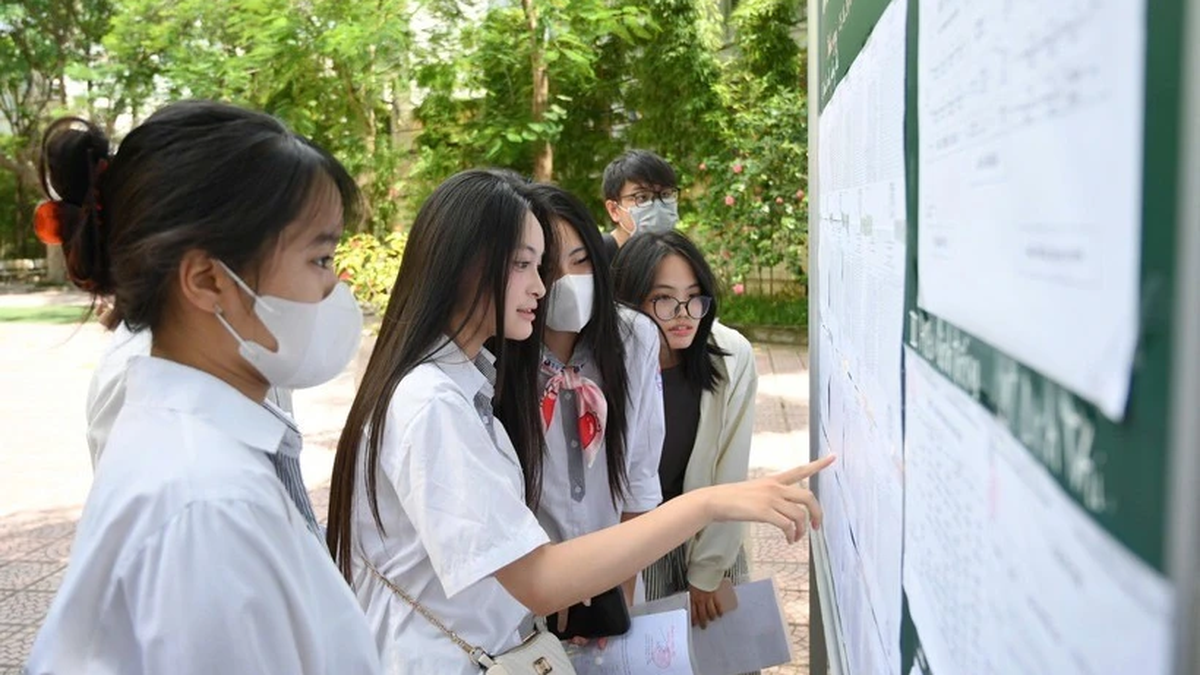

























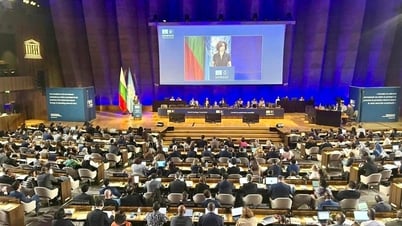


























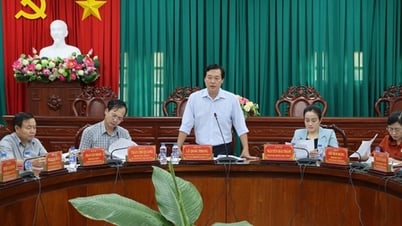


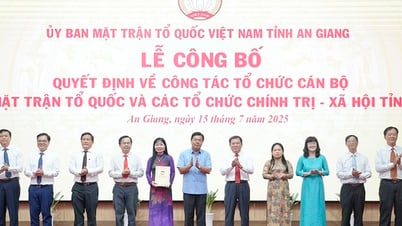


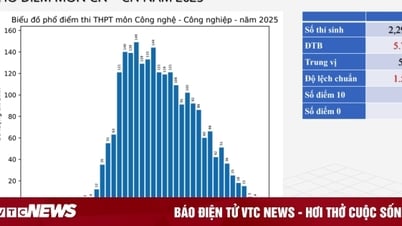


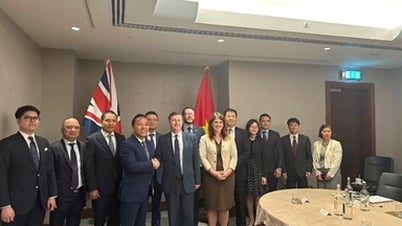




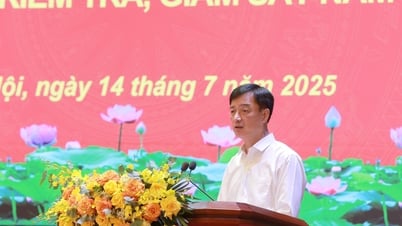
























Comment (0)